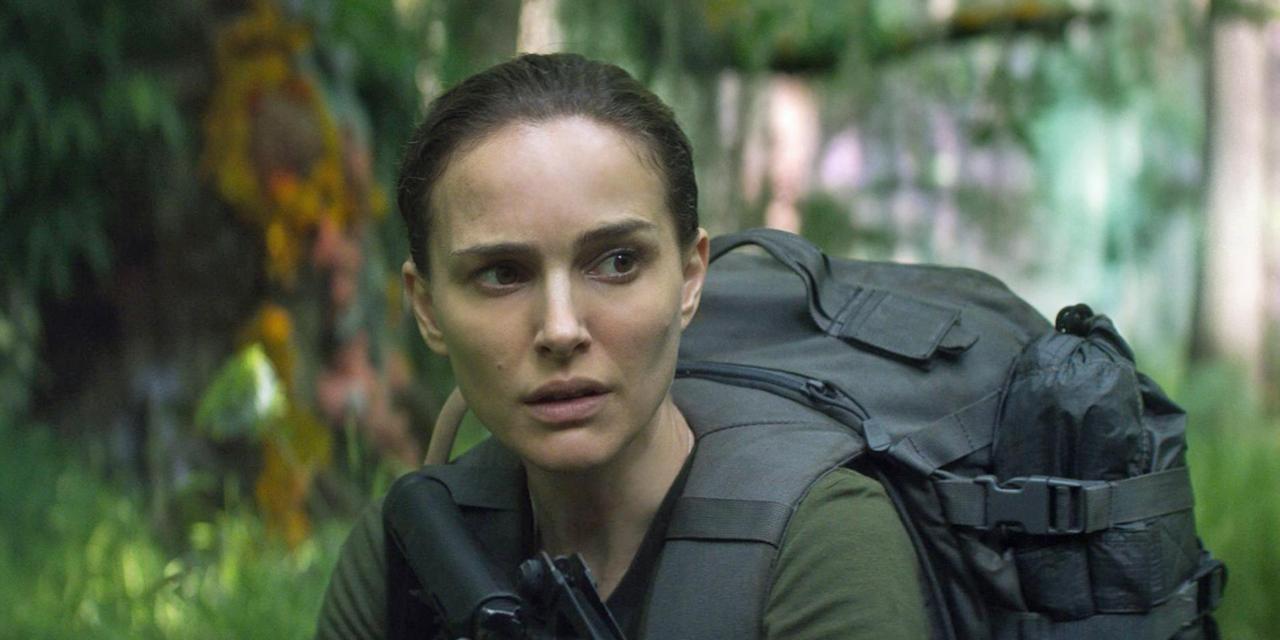
In the 21st century, science fiction films continue to flourish, commanding massive box office receipts, inspiring our dreams, and all while making technological innovations along the way. There seems to be no end to the awe-inspiring visuals lighting up living rooms, bijous, drive-ins, and multiplexes the world over.
Our tireless and exciting search for the most visually exquisite science fiction films of this century has been no easy charge, though several films stood out straight away. The assembled list presented here offers up films of dazzling depth, stirring symmetry, impeccable production design, gorgeous framing, and assured grace.
PLEASE NOTE: While not a definitive list –– it’s been a busy, bustling era (some of the sci-fi fantasy franchises like the Marvel and Star Wars films have been omitted) –– what follows offers an excellent cross-section of what made the last 19 years so great for fans of speculative fiction and wonder writ large.
Be sure to add any titles we overlooked in the comments section below (be nice!), but above all else, seek out those listed that you’ve missed out on and enjoy!
10. Upstream Color (2013)

Shane Carruth’s Upstream Color is an otherworldly experience that will make the right kind of audience absolutely ecstatic and frequently fighting tears of joy and wonder when not wholly hypnotized by its visual versification and bold narrative.
Amy Seimetz shines as Alex, our put-upon protagonist who finds herself brainwashed into emptying her bank account by a thief (Thiago Martins) who uses a combination of drugs, parasites, and bizarre hypnagogic neuro-linguistic-type programming to dupe her. Alex eventually regains herself and learns she’s not the only one who has been manipulated in this way to similar dubious ends. Drawn to Jeff (played by Carruth), the two are similarly uncertain of what they lost through their mind-meddling ordeal but, as their lives spiral and entwine, the film, like an amorous Möbius strip, outshines itself, and its heart reaches a hard fought and rather miraculous crescendo.
The artistry on hand is wondrous, with sequences of such aching, ingenious elegance. Upstream Color ranks high as one of the most transformative and spellbinding cinematic experiences you’re likely to have. Only Carruth’s second film (his 2004 debut, Primer, is also highly recommended) and already he has a pièce de résistance.
9. Annihilation (2018)
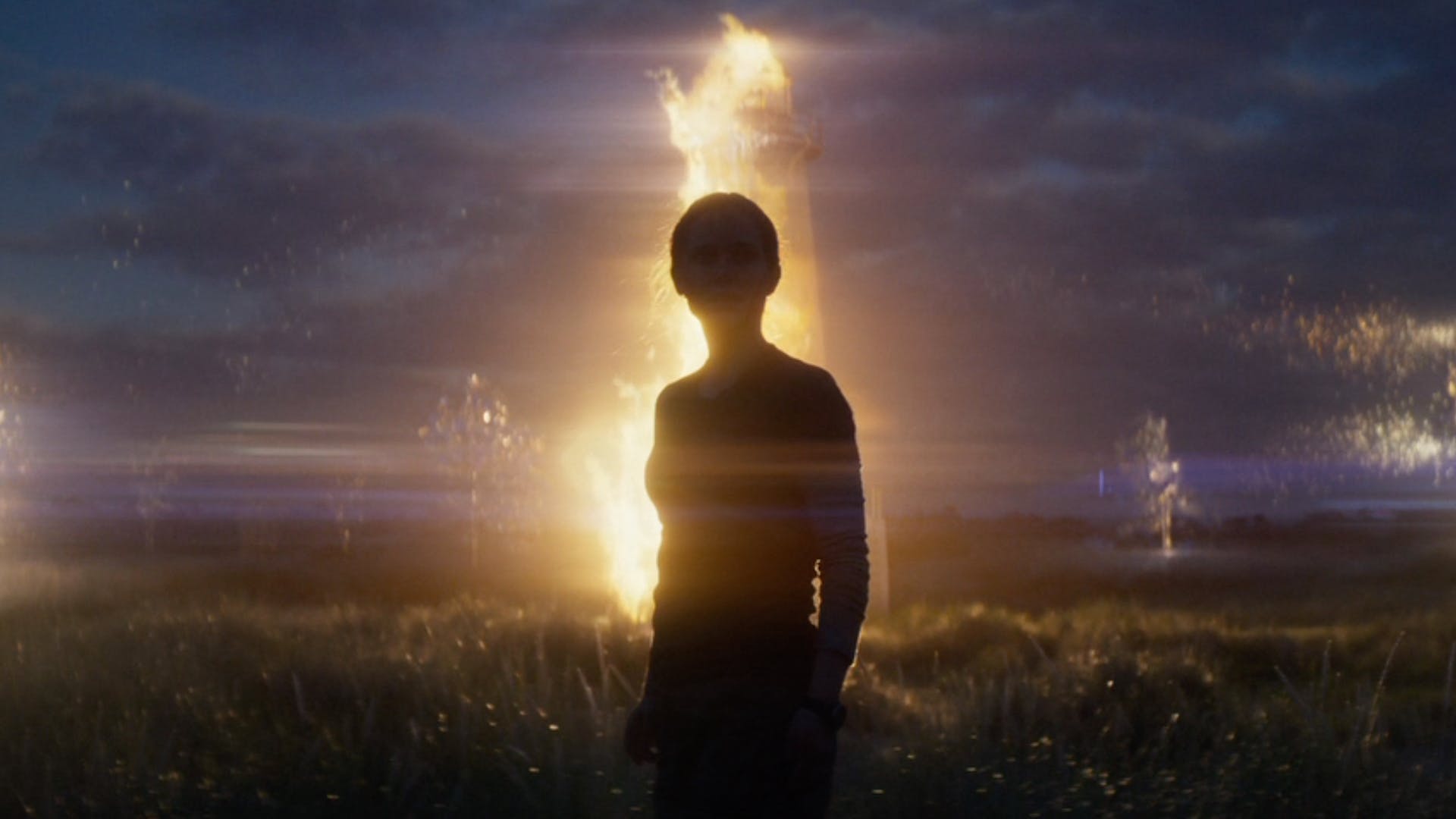
Profoundly unsettling and deeply imaginative, Alex Garland’s Annihilation, adapted from the first book in Jeff VanderMeer’s brilliant best-selling “Southern Reach Trilogy” (2014), presents adventurous viewers with a frequently hypnotic and sporadically heady miscellany of grandiose ecological parable as well as a nerve-racking survival tale dressed in a deep sci-fi skien.
Lena (Natalie Portman), a grieving biology professor and former U.S. Army soldier, is part of an all-female reconnaissance outfit sent into a top secret stretch of North American coast where something alien has altered the environment and nature has gone berserk; plantlife has grown into gorgeous and sinister floral forms and humanlike shapes; mutated beats, some seeming prehistoric, others like a Miyazaki fever dream, travelling the timbers and marshlands down the coast.
This environmental territory, with startling shades of Chernobyl and Fukushima Daiichi, is in a frightening flux as its boundaries keep mushrooming. Lena and the rest of her unit, not at all the first reconnaissance team to lose their way trying to penetrate this strange southern zone, startlingly realize that their mental and emotional faculties are also socked-in and uncertain.
Annihilation is a world of weird fiction; of dead husbands and daughters, of doppelgängers, waking dreams, monstrous rogue bears capable of ghastly human mimicry, mutated hyacinths that scion to the skin, and far more menacing eventualities that disquiet and demolish the human mind.
8. Minority Report (2002)
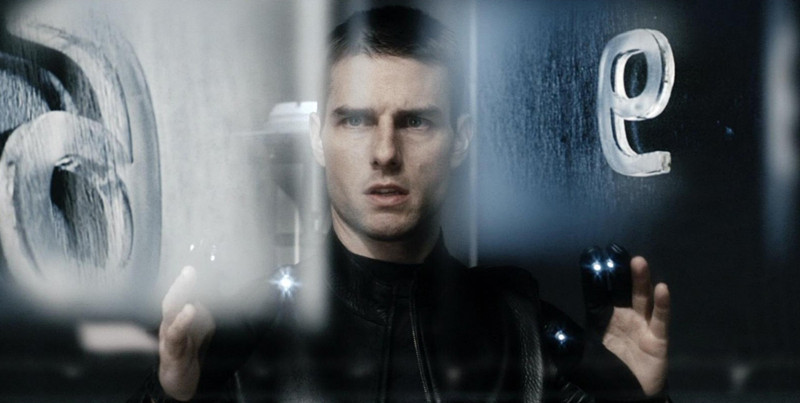
Minority Report is that rare consummation combining Hollywood heavies (Steven Spielberg and Tom Cruise) with an ethically and philosophically complex sci-fi tale from Philip K. Dick (culled from his 1956 short story), where not only is the end result a dutiful adaptation, it’s a savvy, brisk, blockbuster, overfull with excitement and visual awe.
Noir undercurrents ride with action and violence as future cop Captain John Anderton (Cruise), part of a PreCrime Unit who use psychics (including the brilliant Samantha Morton), dubbed “precogs”, to predict and prevent deadly crimes before they occur.
Competently propped by Spielberg’s favorite cinematographer, Janusz Kamiński (Schindler’s List [1993], Saving Private Ryan [1998]), the deeply metaphysical and meaningful spirit of Ingmar Bergman is often evoked — the appearance of Max von Sydow in a supporting role as Director Lamar Burgess helps seal the deal — creating artful visual tableaus of 24-karat quality. It’s a tour de force for all involved.
7. Children of Men (2006)
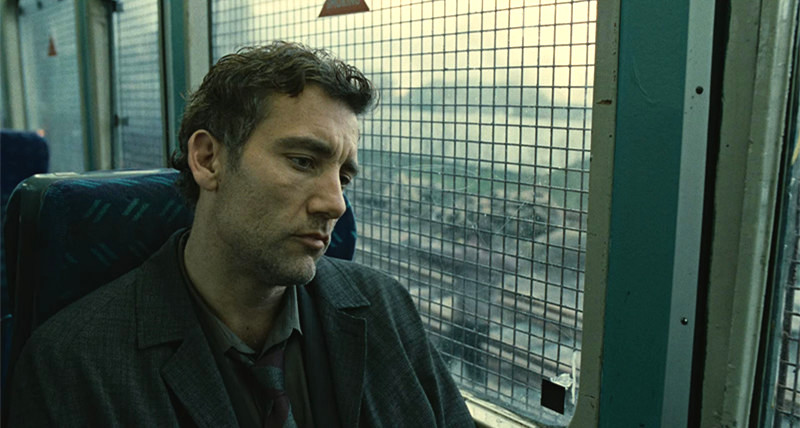
Alfonso Cuarón has directed many wonderful films so far this century (2013’s Gravity is also visually stunning), and his 2006 dystopian drama Children of Men is the stand out amongst them.
Sharply adapted from P.D. James’s 1992 novel, Children of Men is a bleak, brutal, technically dazzling marvel of misgiving, mental stress, and intense action. Clive Owen leads a champion cast (Clare-Hope Ashitey, Michael Caine, Chiwetel Ejiofor, and Julianne Moore are also on the scene) through the final, fragile days of dying out humanity in the year 2027. With the human race rendered infertile and all of society crumbling around them, Owen’s derisive civil servant Theo Faron must escort a pregnant refugee (Ashitey) through the chaotic and crumbling remnants of the UK.
The human drama is profound and Emmanuel Lubezki’s award-winning cinematography inundates and overwhelms the viewer constantly. Many innovative and ingeniously clever choreographed single-shot sequences catapults the film into the stratosphere, making it an exemplar of visual sci-fi centric storytelling and marvelous, forward-looking cinema. Sensational.
6. 2046 (2004)
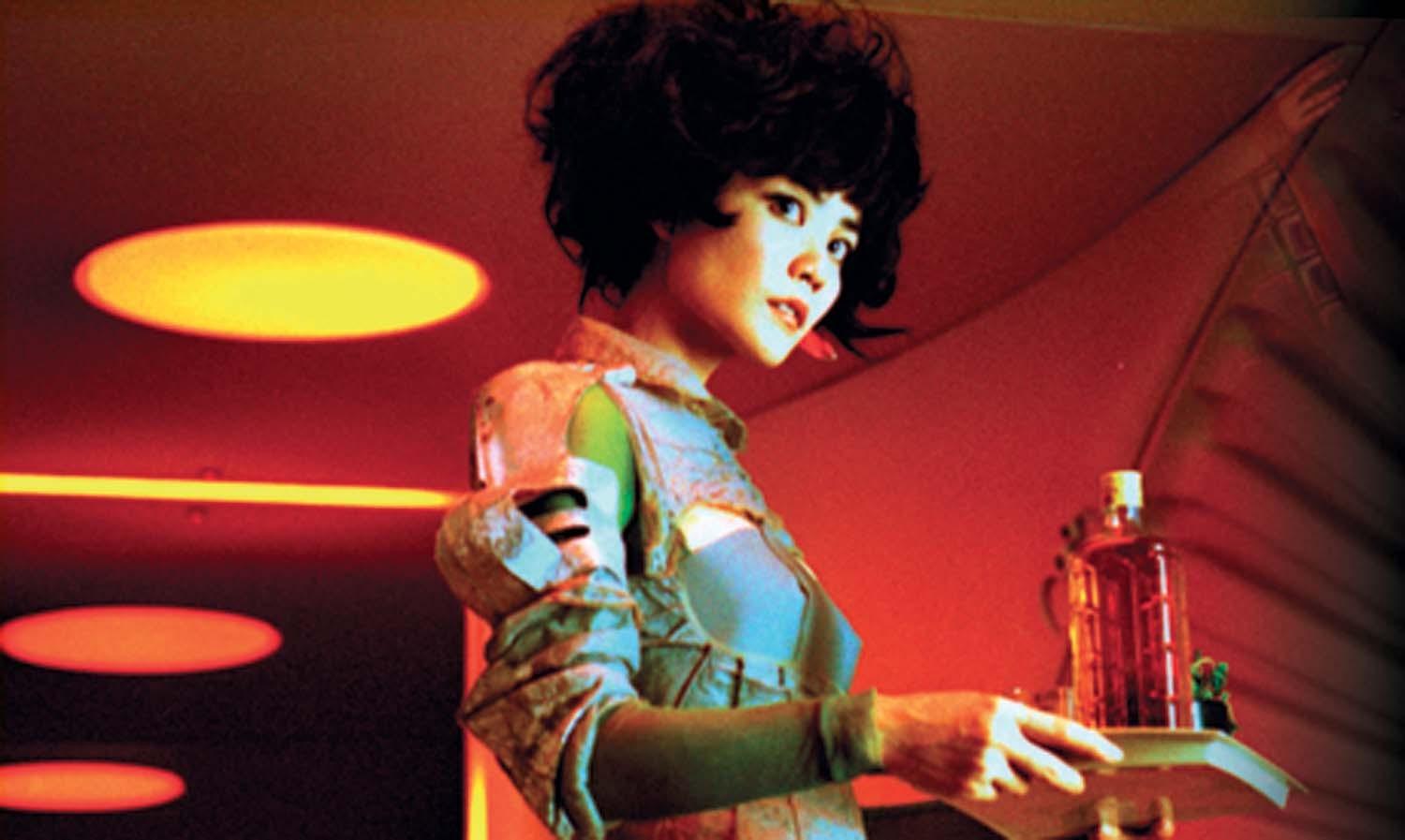
Hong Kong’s highly-stylized auteur Wong Kar-wai is an arthouse sensualist who has, over the years, assembled a wide-ranging collection of films that rank as some of the most gorgeous, melancholic, and swooning of films. Often obsessed with ideas of fading memory and aching regret, there’s a Proust-like mist that spurs his very specific and very beautiful body of work.
Concluding an informal trilogy that began with Days of Being Wild (1990) and continued with 2000’s masterful romance In the Mood for Love, 2046 picks up directly where that film left off, with Chow Mo-wan (Tony Leung) writer in 1960s Hong Kong. Chow is heartsick in the wake of his unconsummated and ever-lingering love affair with the ravishing Su Li-zhen (Maggie Cheung). Much of the film takes place within Chow’s stunning and mysterious 2046-set sci-fi story. Here we find a forlorn Japanese man named Tak (Takuya Kimura) who loves a Gynoid (Faye Wong) – a humanoid robot.
The intoxicating cinematography from Christopher Doyle expertly articulates the ephemeral mists of nostalgia, heartache, and lasting regret, and the gorgeous cast of dreamy Asian actresses (including Carina Lau and Gong Li) add to the rapturous elegance on illustrious display.